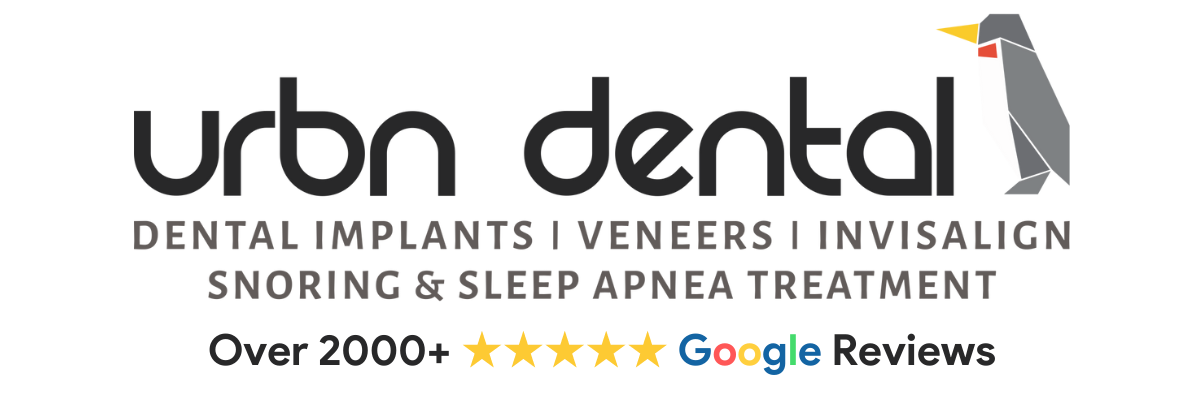In This Article
What is dental scaling and root planing, also known as periodontal cleaning?
Dental scaling and root planing are components of periodontal cleaning, also known as dental deep cleaning. There’s a common misconception that dental scaling and root planing are non-essential, preventative procedures. That’s because the term “dental deep cleaning” sounds similar to “dental cleaning,” even though the two are extremely different. Regular dental cleaning might be a preventative procedure, but periodontal cleaning is a medically necessary procedure for patients with gum disease or periodontitis.
Before describing the importance of dental scaling and root planing for periodontal health, we must explain the periodontal disease. Periodontitis is an advanced gum disease caused by the accumulation of plaque, tartar, and bacteria on the teeth and gum line. Healthy teeth must have minimal periodontal pockets. But the accumulation of plaque and tartar in the pockets of space between your gums and teeth can expand the periodontal pockets, creating a hotspot for bacterial infections.
If left untreated, bacteria continue infecting the gum tissues, leading to loose teeth and severe inflammation. As the pockets of space between your gums and teeth expand, your teeth become loose and weak, increasing the risk of the loss of teeth. Over time, bacterial infection from periodontitis can also spread to the rest of your body, leading to an increased risk of diabetes, cardiac problems, strokes, respiratory problems, and more.
Dental scaling and root planing are medically necessary steps of periodontal therapy. During the dental scaling process, the dentist uses a specialized scaling tool to scrape off plaque and tartar from your teeth and under your gum line. Once all the accumulated tartar is removed, the dentist smoothens the surface of your roots and removes all the bacteria, thus facilitating gingival healing. Your gingival tissues eventually tighten around your teeth, helping you achieve optimal oral health.
What is the difference between regular dental cleaning and periodontal cleaning?
Regular dental cleaning is a preventative procedure that should ideally be performed once every six months. During a regular dental cleaning, the dentist uses a teeth scaling tool to remove accumulated plaque and tartar. After plaque removal, the dental hygienist flosses your teeth and applies fluoride gel to improve your dental health and minimize the risk of bacterial decay. Routine dental cleaning should be done every six months to prevent cavities, dental decay, and gum disease. Periodontal cleaning is a medically necessary procedure for patients with gum disease or periodontitis. If you have active gum disease, merely removing plaque and tartar won’t be enough. The dentist must also use antibiotics to remove the bacterial colonies from your teeth, and they must smoothen the roots of your teeth to create the ideal environment for gingival healing. Your gum tissues will gradually tighten around your teeth, thus reversing the damage caused by periodontitis.
What is involved in periodontal cleaning?
Step 1: Diagnosis
Your periodontal cleaning process starts with a thorough diagnosis of periodontal disease. Gum disease is a progressive condition that worsens with time, and different stages of the disease necessitate different types of treatment. Your dentist will perform an oral examination, measure the periodontal pockets, and take x-rays to determine if you have periodontal disease. This will help them curate the ideal periodontal treatment plan.
Step 2: Treatment
Periodontal therapy involves removing all the bacteria accumulated underneath the gum line. The dentist performs dental scaling, which involves using a specialized tool to scrape off all the plaque and tartar from the teeth and gum line. The dentist may also use ultrasonic scalers that generate ultrasound vibrations to remove the plaque and tartar. The dentist will also perform root planing, which involves smoothing the roots of your teeth to facilitate gingival healing.
In most cases, periodontal treatments are separated into two sessions. This is especially true because some dental insurance plans only pay for one-half of your teeth at a time. The dentist may treat one half at a time to minimize the need to anesthetize the entire mouth. Furthermore, after the first session, you will notice an obvious difference between the dirty and clean parts of your mouth. Understanding that difference allows you to identify potential signs of gum disease in the future.
Step 3: Antibiotics
The dentist may use antibiotics to kill bacteria and help your body heal with minimal risk of recurrence. The dentist may place a special antibiotic medication within your periodontal pockets during your treatment to remove all the bacterial colonies. You will also be asked to rinse your mouth with an antibiotic mouth-rinse to maintain a manageable level of bacterial activity within your mouth, thus allowing your gums to heal.
Does periodontal cleaning work?
Yes, periodontal cleaning definitely works — it gives you a clean slate with your oral health. It restores your gums and teeth to their optimal health while removing harmful bacteria from the pockets of space between your gums and teeth. However, to prevent gum disease recurrence, you must maintain optimal oral hygiene. That includes brushing at least twice a day, flossing regularly, and using antibacterial mouthwash regularly. You must also go for regular dental cleanings, according to your dentist’s instructions.
How often do you need a periodontal cleaning?
Periodontal cleaning, also known as dental deep cleaning, isn’t a routine procedure — it should only be done when you have active periodontal disease. However, a routine dental cleaning should be done once every six months. Patients with a high risk of gum disease may also need dental cleanings once every three months, depending on the dentist’s instructions.
Are professional teeth cleaning suitable for everyone?
Yes, professional teeth cleaning is suitable for everyone. In fact, it’s an essential component of preventative dentistry, and it should be done regularly by everyone to prevent dental problems. If you haven’t undergone professional teeth cleaning for 6+ months, please schedule an appointment at our dental clinic in Montrose, TX, today. We offer complimentary insurance verification. If you do not have insurance, ask us about our payment plans.

